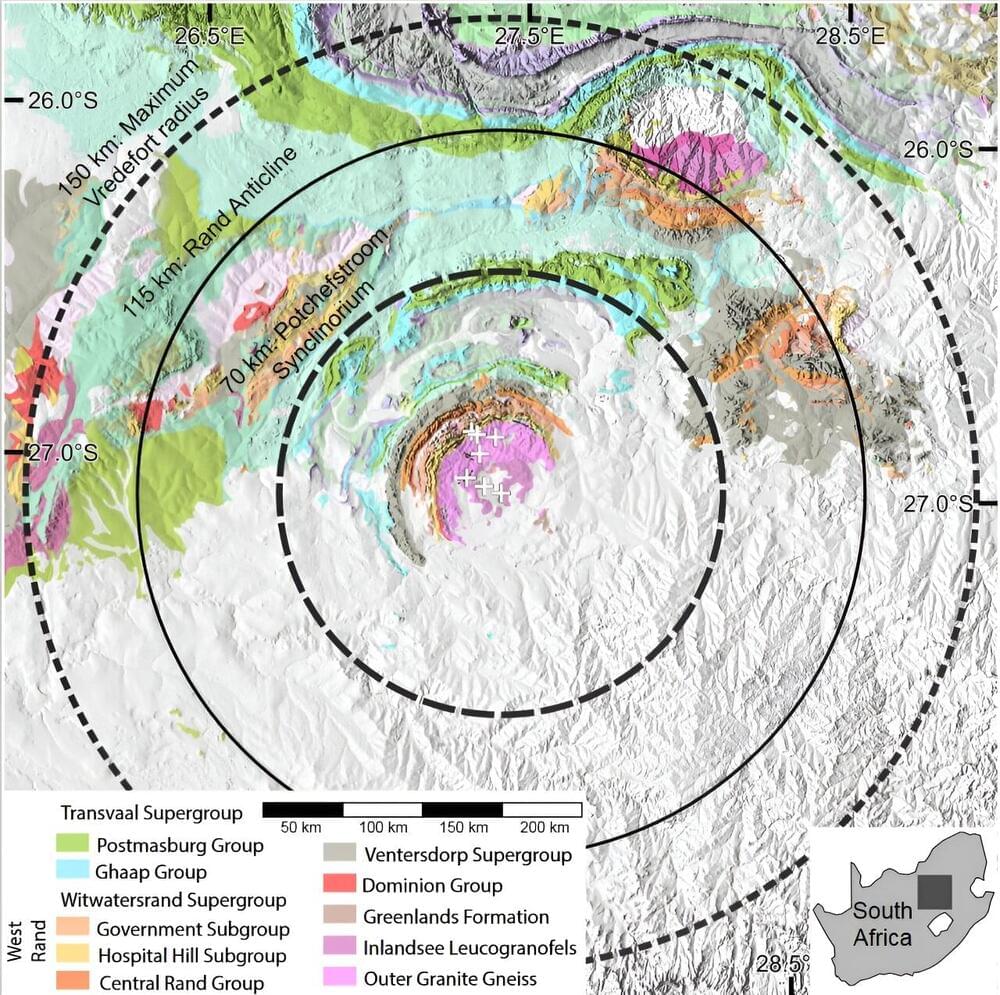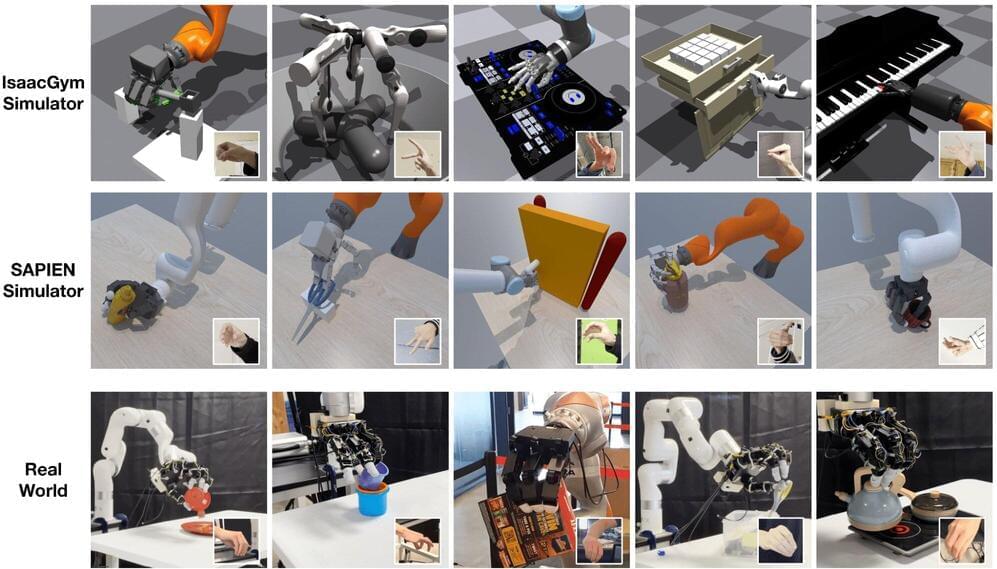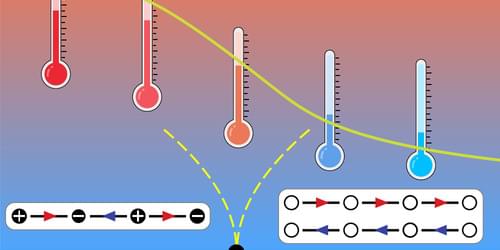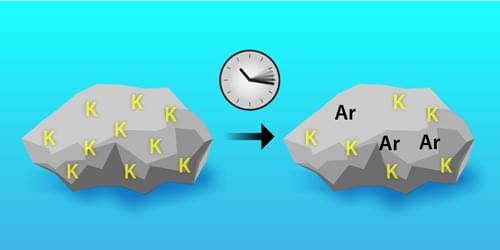Earth’s oldest craters could give scientists critical information about the structure of the early Earth and the composition of bodies in the solar system as well as help to interpret crater records on other planets. But geologists can’t find them, and they might never be able to, according to a new study published in the Journal of Geophysical Research: Planets.
Geologists have found evidence of impacts, such as ejecta (material flung far away from the impact), melted rocks, and high-pressure minerals from more than 3.5 billion years ago. But the actual craters from so long ago have remained elusive. The planet’s oldest known impact structures, which is what scientists call these massive craters, are only about 2 billion years old. We’re missing two and a half billion years of mega-craters.
The steady tick of time and the relentless process of erosion are responsible for the gap, according to Matthew S. Huber, a planetary scientist at the University of the Western Cape in South Africa who studies impact structures and led the new study.







